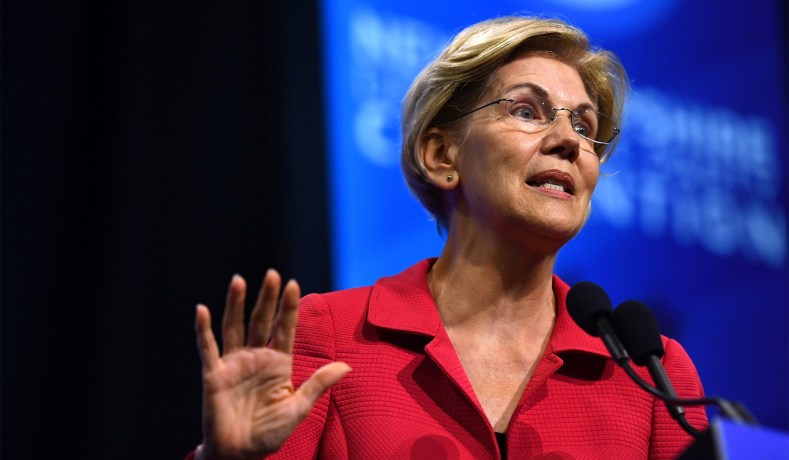Elizabeth Warren – Presidential Candidate to bring change to HIV policy
When talks about the eminent 2020 U.S. elections started, no one thought that H.I.V. policy would be a topic of discussion. These talks have now become relevant with, democratic candidate, Elizabeth Warren bearing the light. In a survey conducted by the ACT Now: End AIDS Coalition, Warren responded with hopes of reforming policies related to the PLHIV community.

You probably were left out of the loop but Positive Voices got the scoop. Here’s a summary of the questions and the responses shared by Candidate Elizabeth Warren (Source: Plus Magazine).
Give a description of your approach to augment accessibility to HIV prevention and treatment services.
There is no single answer to ending the HIV/AIDS epidemic, we must use every tool at our disposal. These tools include but aren’t limited to:
1) Medicare For All,
2) Expansion of HIV research and treatment,
3) Ensuring everyone has access to PREP and HIV testing,
4) Holding drug companies ,accountable and lowering drug prices,
5) Ending the opioid crisis, and
6) Ensuring community health centers receive robust funding.
Will you work to pass a law that ends the criminalization of HIV status? Will you work to extend federal protection from discrimination based on HIV status?
A little over half of the states within the U.S.A., still have codified laws surrounding the criminalization of HIV exposure. These laws have no scientific foundation, discourage adherence to testing and treatment, and furthers stigma and discrimination which already exist among the marginalized. I’ve [Warren] co-sponsored the REPEAL (Repeal Existing Policies that Encourage and Allow Legal) HIV Discrimination Act, to provide revision of all state and federal laws.
Questions and responses weren’t limited to what is stated above but were drawn on to give a contrast when compared to the Jamaican context. If policies regarding all the aforementioned are passed by Congress, what would this mean for a country with nearly 40,000 (confirmed and unconfirmed) cases of HIV.
If it is that the science of foreign policy and diplomacy still applies, then, if or when these policies are put into order, we could expect a shift in the Jamaican health sector, particular to the HIV response
